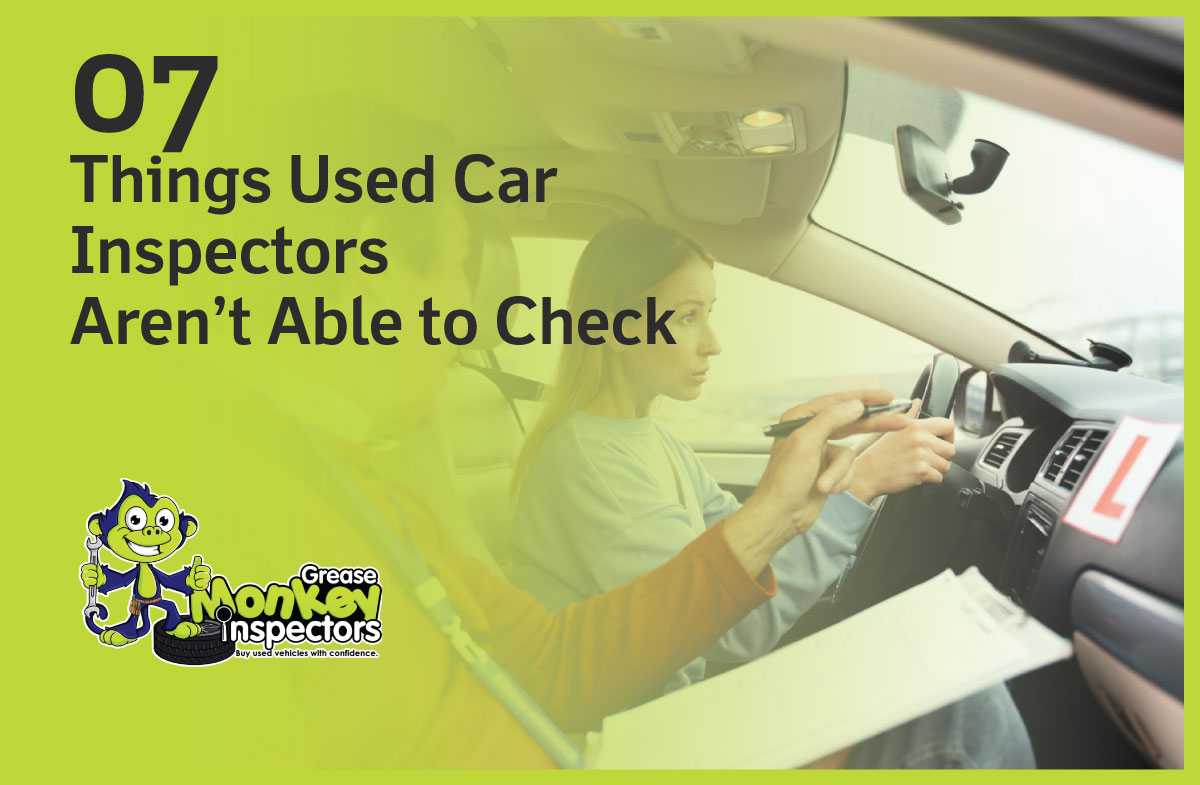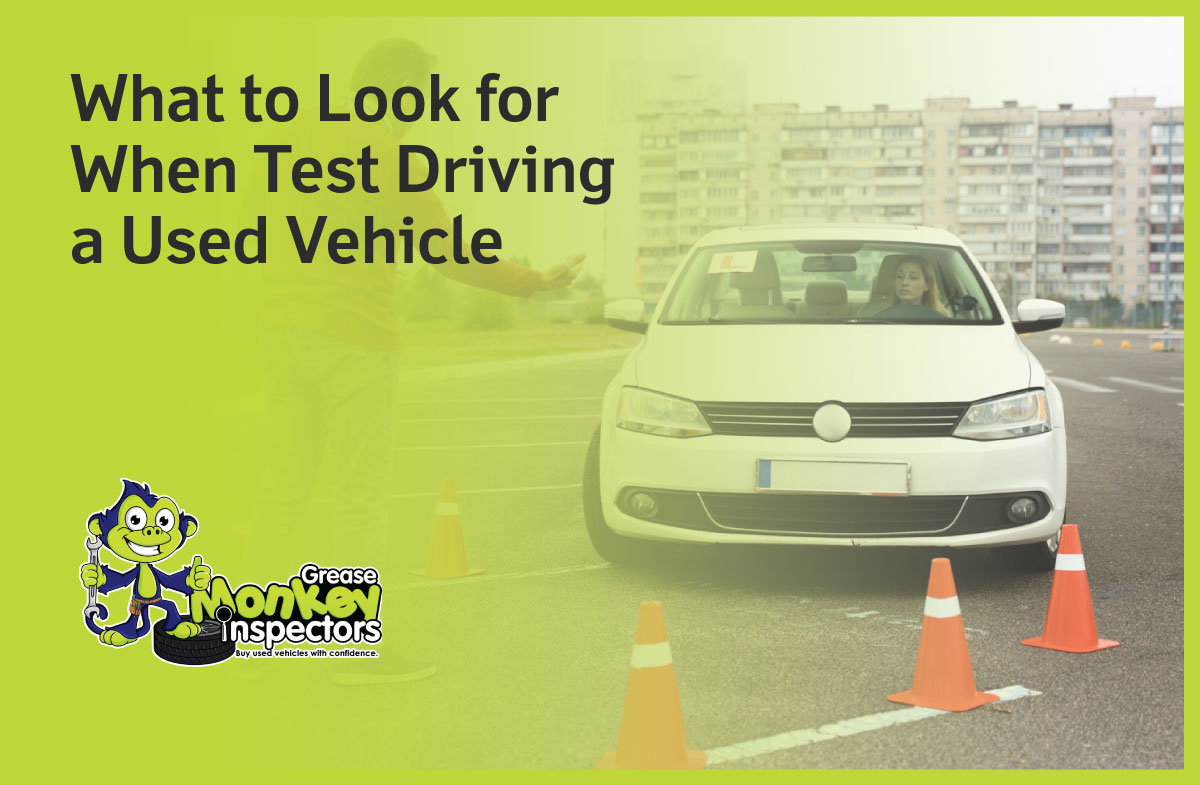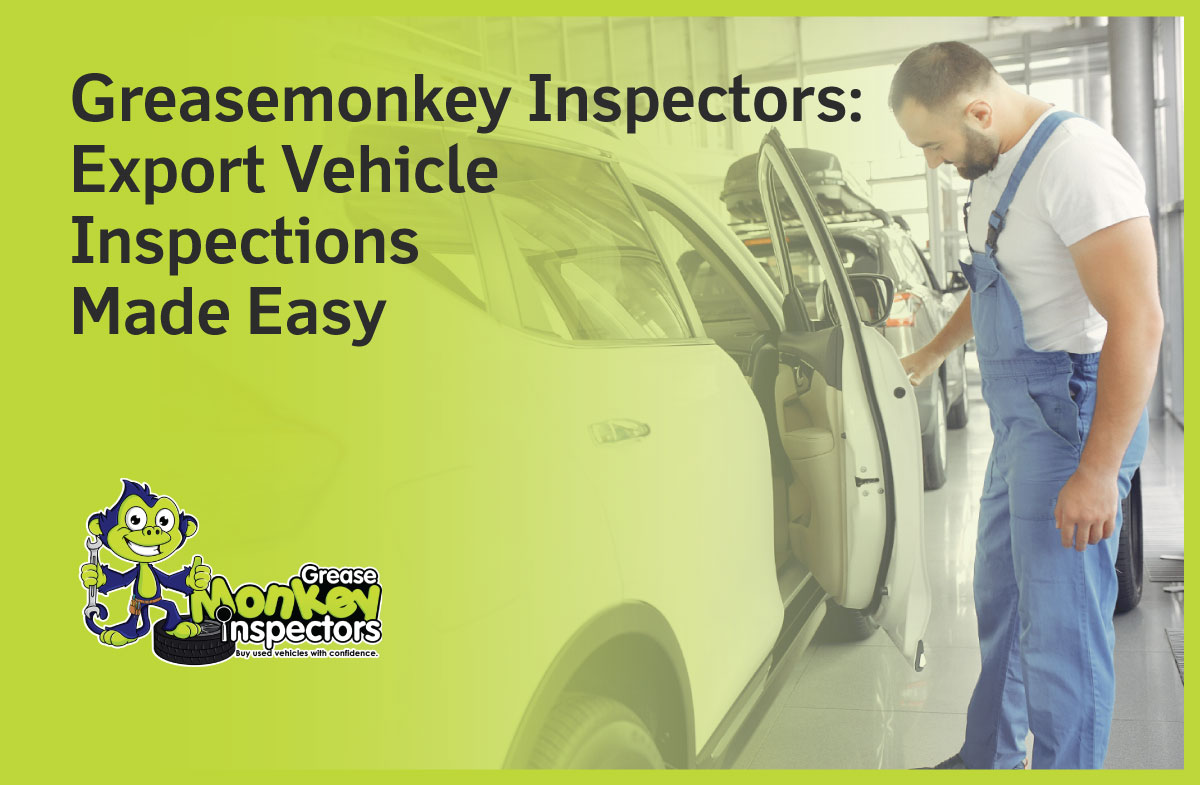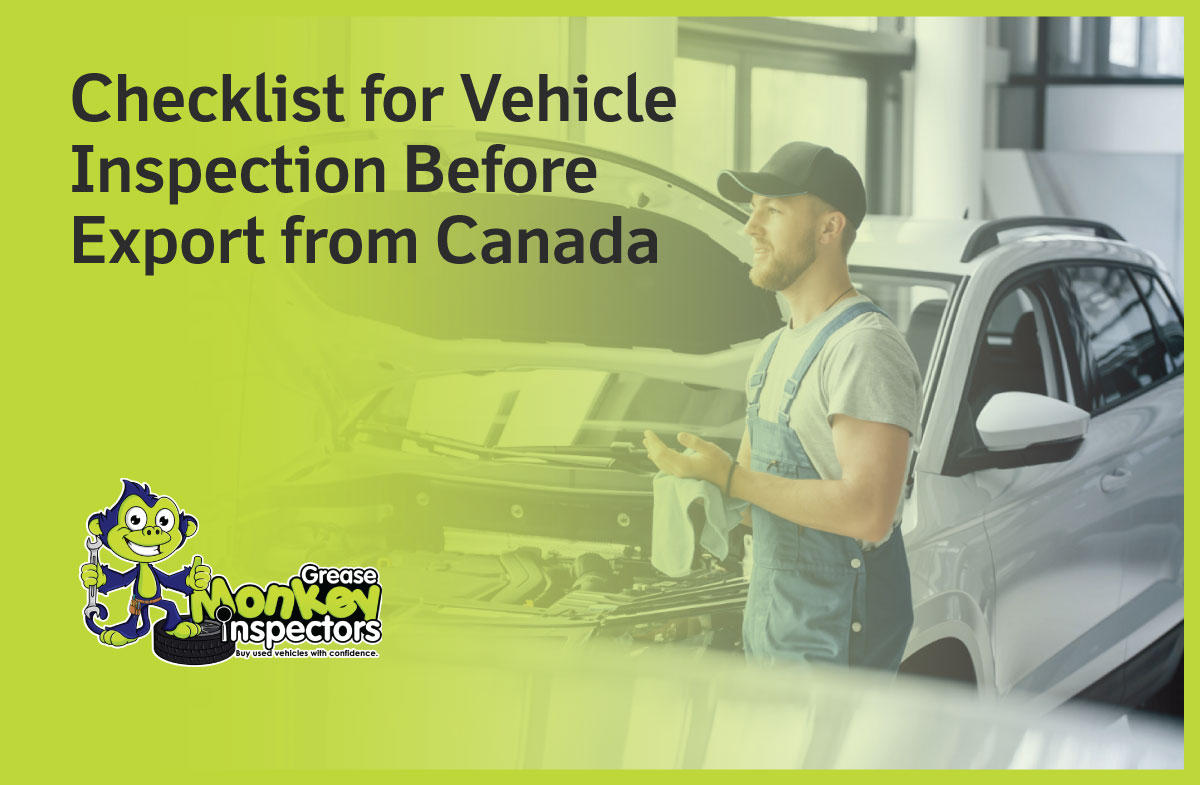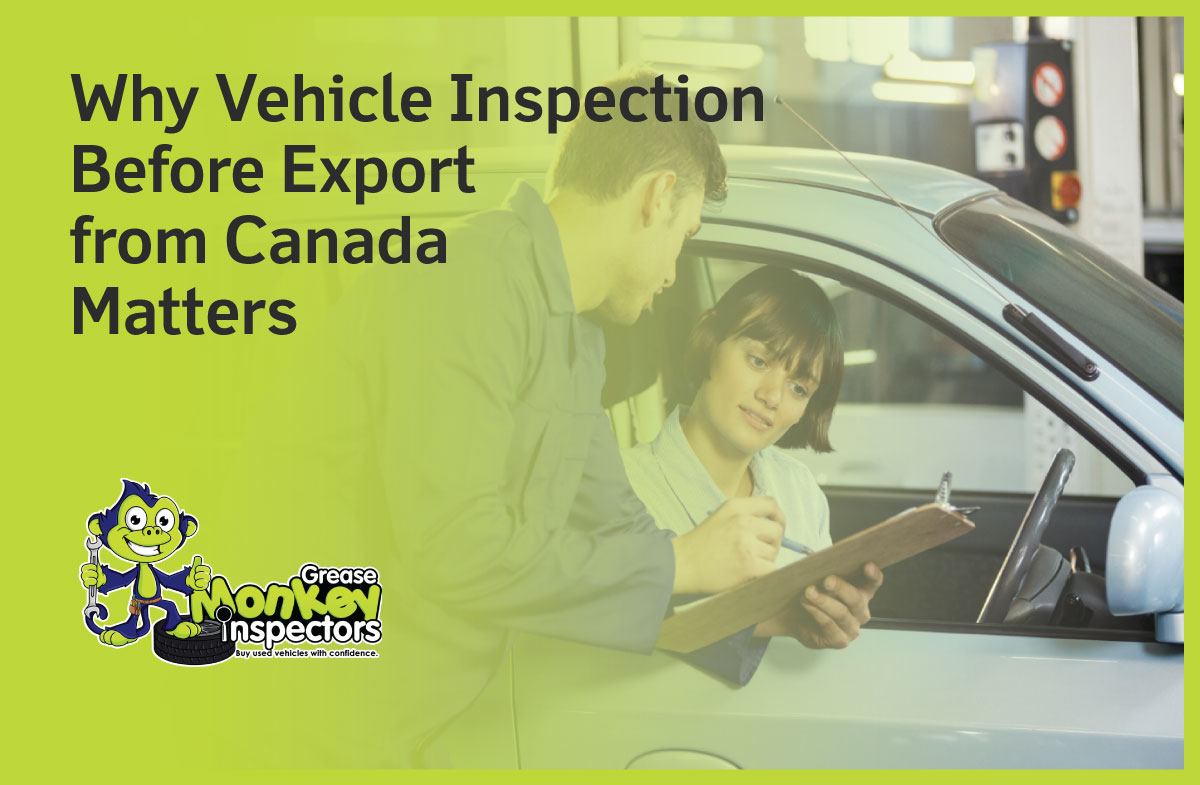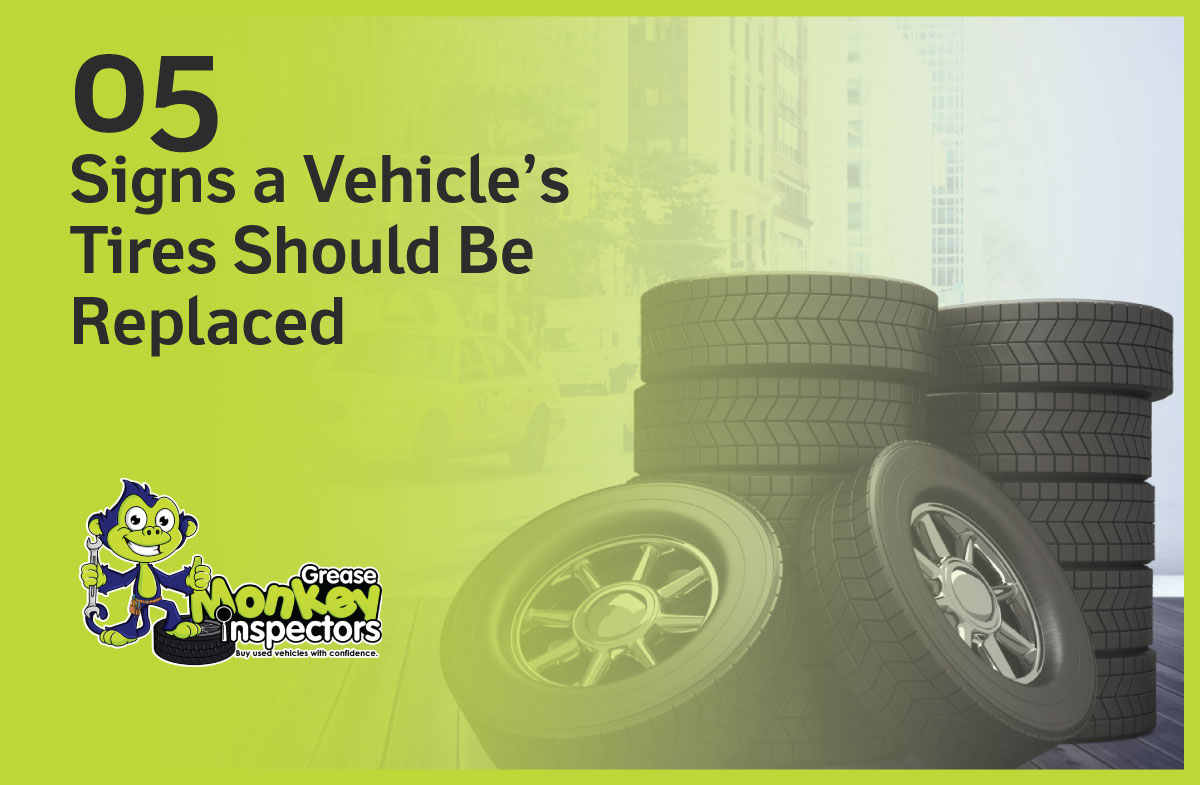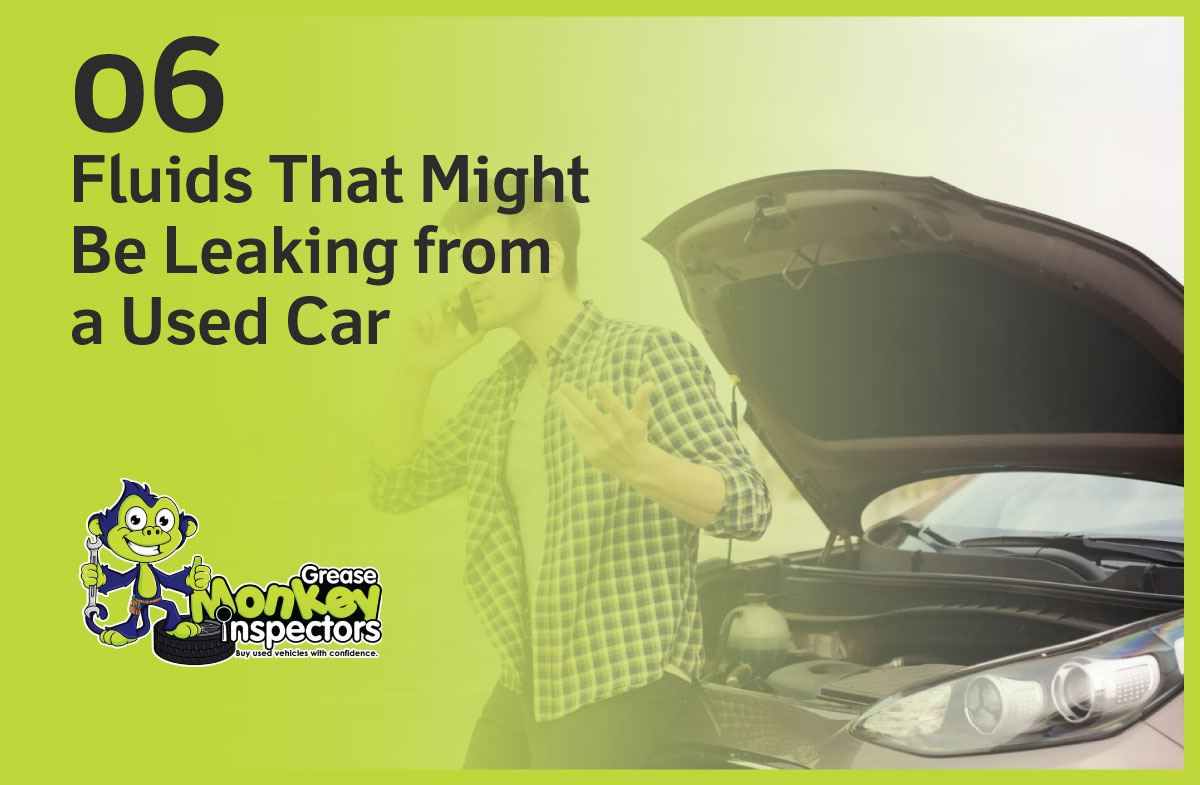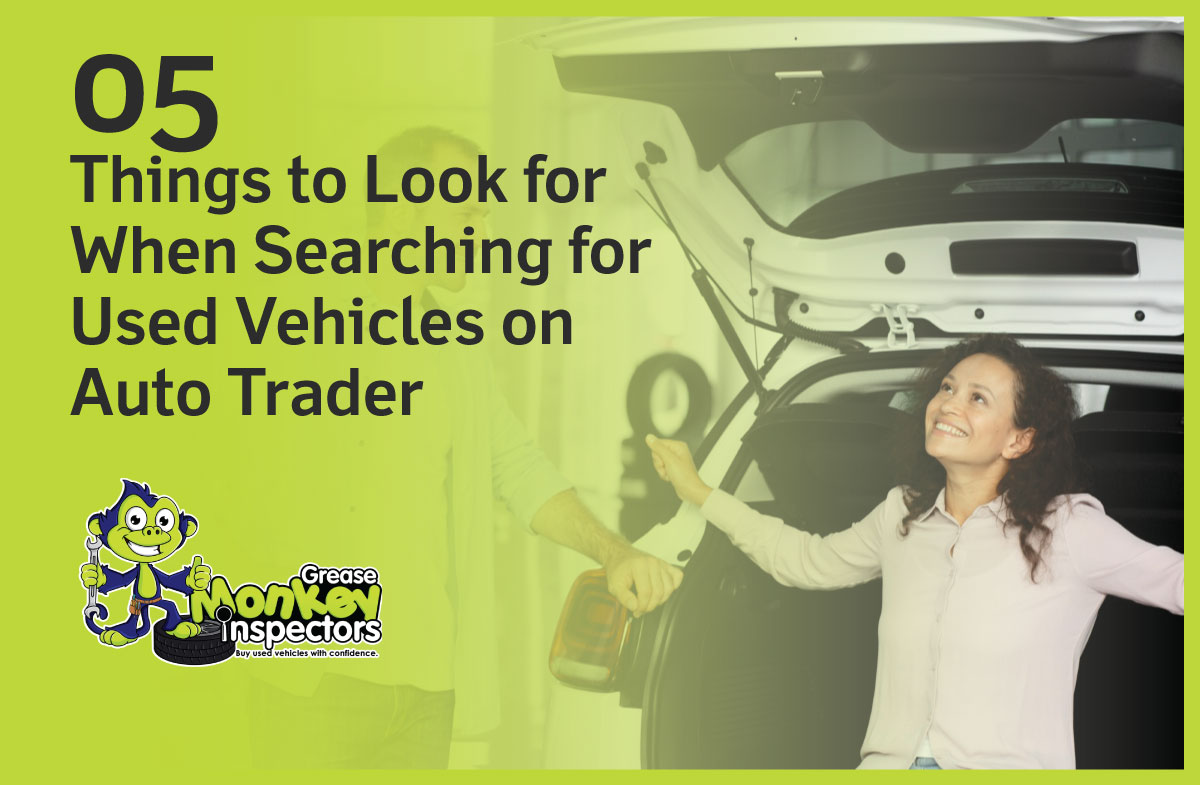Getting a pre-purchase vehicle inspection before buying a used car is a smart decision. At Greasemonkey Inspectors, we provide on-site inspections that offer critical information to help you decide if a used car is the right choice. Our comprehensive inspections cover a wide range of aspects related to the car’s current condition, its value, and more. However, there are certain limitations to what we can inspect on-site. Here are seven areas that may not be fully assessed during an inspection.
1. Vehicle Emissions
Checking vehicle emissions accurately requires specialized equipment that mobile inspectors do not typically have access to. For a detailed emissions test that meets local regulations in Ontario or anywhere in Canada, it’s best to visit certified garages authorized to perform such tests.
2. Engine Compression
On-site engine compression checks aren’t feasible due to the complexity and labor involved. Additionally, most sellers are reluctant to authorize this kind of in-depth testing. It’s recommended to have this checked separately if it’s a priority for your used car purchase.
3. Inspection Requiring a Lift
Our mobile inspection service is designed to come to you, but this means we don’t have access to vehicle lifts. While we use advanced mirrors and cameras to inspect the car’s underside, our view is limited. For a complete underside check, you may need to schedule an appointment at a professional garage.
4. Brake Pad Condition
We can assess the braking system’s functionality during our pre-purchase inspection, but we don’t dismantle parts like wheels or calipers to check the brake pads directly. A visual check is possible if the car’s wheels have an open design, but for a thorough brake pad condition report, a mechanic’s evaluation is recommended.
5. Timing Belt Condition
Properly inspecting a timing belt requires the removal of several engine components, which isn’t practical for an on-site inspection. Unless the seller has records of a recent timing belt replacement, it’s safe to assume it may need changing if the used car has high mileage.
6. Ownership and Lien History
While we offer a thorough inspection, we can’t access state title information on-site to verify ownership or lien status. We do provide a detailed history report with every pre-purchase inspection, but for the official title details, you should review this directly with the seller or through a local agency in Ontario or Canada.
7. Engine and Transmission Numbers
During our inspections, we don’t verify engine and transmission numbers unless they are easily visible. In some classic or vintage vehicles, these numbers may be in challenging locations. Buyers and sellers must agree on how these numbers will be identified if needed.
Why Choose Greasemonkey Inspectors?
At Greasemonkey Inspectors, we focus on providing the most accurate and convenient used car inspections available. We aim to help you make informed decisions without the hassle of visiting multiple places. Every pre-purchase inspection includes a history report, giving you added confidence in your buying decision. Whether you are looking for a used car in Ontario or anywhere in Canada, we are here to assist you with reliable, professional service. Learn more about our offerings by visiting our Inspections Packages page.
What We Can Check
While certain areas are beyond the scope of an on-site inspection, our technicians cover numerous critical aspects that can highlight potential issues before purchase. We check the car’s general condition, inspect mechanical components, test drive the vehicle, and assess all visible parts.
The Value of a Pre-Purchase Inspection
Investing in a pre-purchase inspection saves time, money, and potential headaches down the road. Our detailed reports can help you negotiate with sellers, identify potential problems early, and decide if the used car is a good investment. For trusted pre-purchase vehicle inspections, reach out to Greasemonkey Inspectors, your local experts in Ontario and across Canada.
Ready to Schedule an Inspection?
If you’re considering buying a used car and want to ensure it’s a good choice, our team is ready to help. Explore our various inspection packages and choose the one that suits your needs best. Click here to view our comprehensive Inspections Packages and get peace of mind for your next vehicle purchase.

